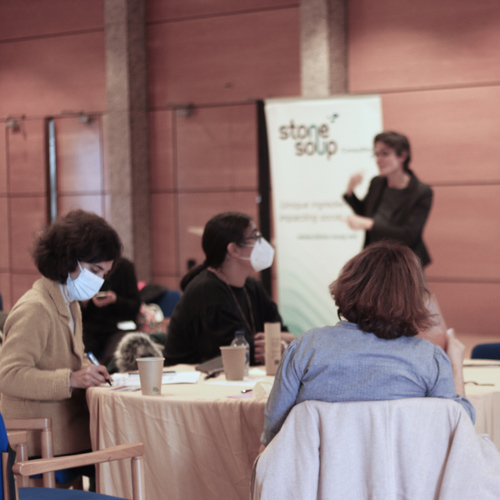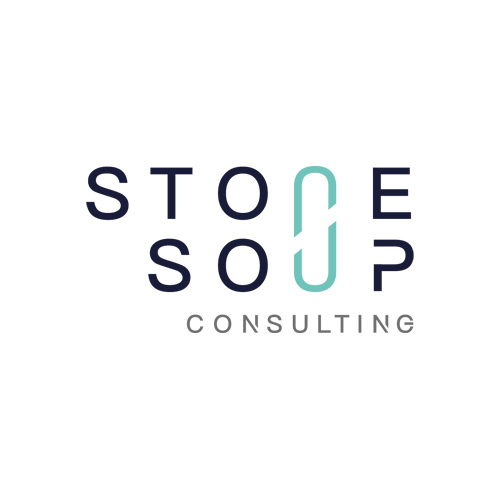Delivering global scalable solutions for people with disabilities
Stone Soup
Project description
Cláudia Pedra, Managing Partner of Stone Soup, describes this as multistakeholder project on systemic change in the area of disability in Portugal.
Project of co-design of a systemic change model that creates equity and full integration of people with disability in Portugal, through an increase in the quality of inclusive education and in the sustainability of employment.
Supports the person with disability throughout their school pathway until they are integrated in employment (from 5 to 30 years old).
The systemic change model uses methodologies such as formal and informal education, assessments, consultancy, mentoring and tailormade materials for diverse applications and supports schools, universities and employers.
Website: stone-soup.net
Demeter's contribution
Demeter foundation was part of the Advisory Committee during its first years of activity, providing management advice, industry thought leadership. It also offered a grant for the work on supporting a multi-stakeholder collaboration for systemic change to resolve/minimize the impacts of exclusion in people with disabilities in Portugal. The foundation was a partner in the process, offering guidance, good practices and strategic support for decision-making.

Additional information
This systemic change project has the potential to change the ecosystem of disability in Portugal, creating a true inclusive education space and sustainable employability, eliminating prejudice and stereotype through awareness raising and information/ training.

SDG Goals

Quality Education

Decent work and Economic growth

Reduce inequalities

Partnerships for the goals

Ana Garcia, Director, Accessible Portugal
The area of disability is transversal to several areas of any society, requiring various interventions ranging from legislation to frame and regulate rights, health, education, employment, the various forms of accessibility without which it is not possible there is inclusion, and the inevitable change of mentalities to break down stereotyped prejudices. This seems to be a work to be carried out by the State supported by the public, private and social sectors. However, since the guardianships of such a great work are different, there is also the difficulty of implementing policies and initiatives that leverage this systemic change that is so necessary for the good of the whole Society.
There are unmistakable advantages in the effective inclusion of people with disabilities in any society. In addition to the reduction of sub-dependence, the increase in self-esteem, a more active and fair life, valuing the capabilities of each human being and whitening their disabilities, the positive contagion effect on their families, among many other issues related to the aging of the population. world, where disability and incapacities grow in geometric progression with aging.
The work carried out over a year by Stone Soup surprised me immensely by the enormous capacity to collect the great source of knowledge and information that was collected from more than 40 entities representing different sectors of activity, linked to disability. I verified a strong capacity to systematize and design an implementation strategy, concrete, and not dependent on the action of the State, without, however, excluding it.
An assertive methodology was used, focused on objectives, with a firm leadership that did not let slip into the sentimentality that inevitably the life stories of many cases that illustrated knowledge tended to emerge.
There was also the ability to faithfully reflect the outputs given by the work groups created.
No less important, was the ability to motivate and captivate so many entities, who are tired of giving their knowledge, not effectively seeing necessary and beneficial changes for the whole Society happening.
